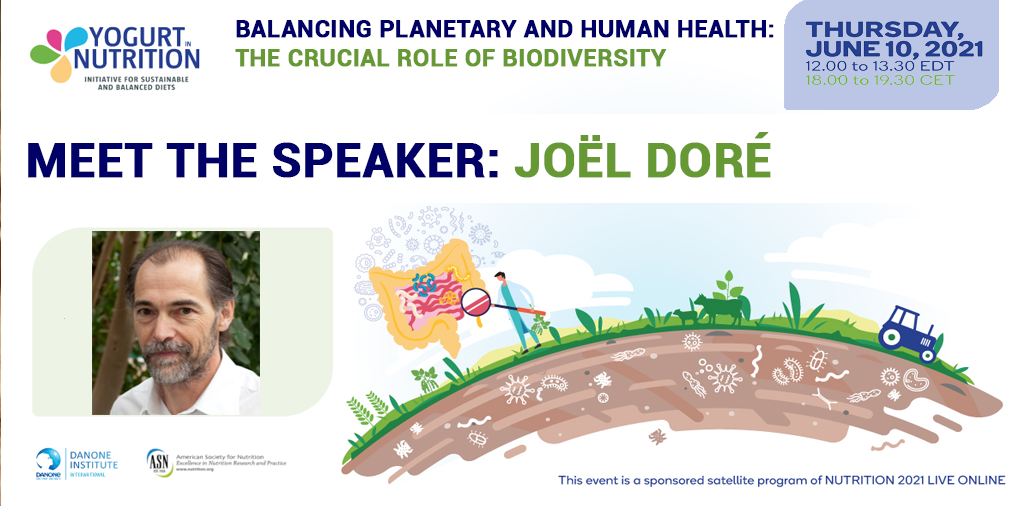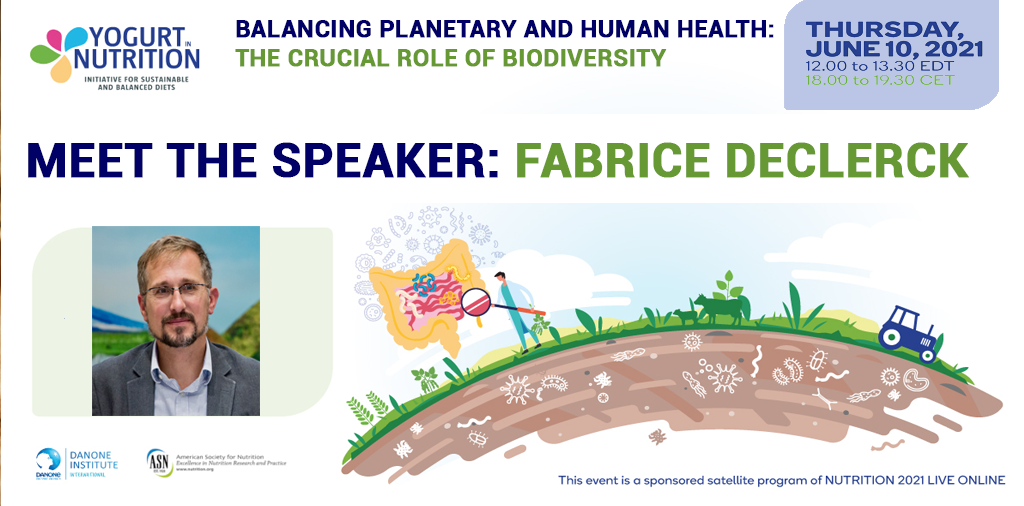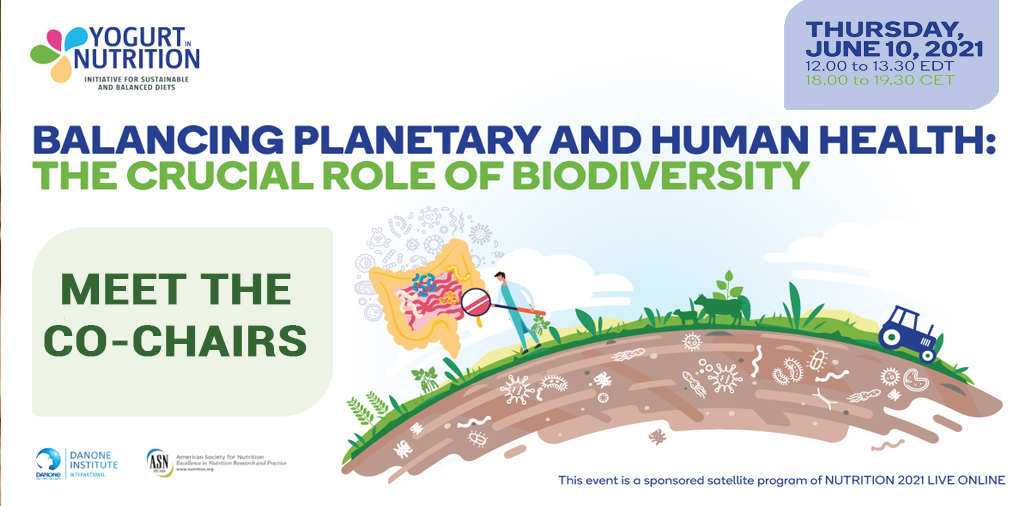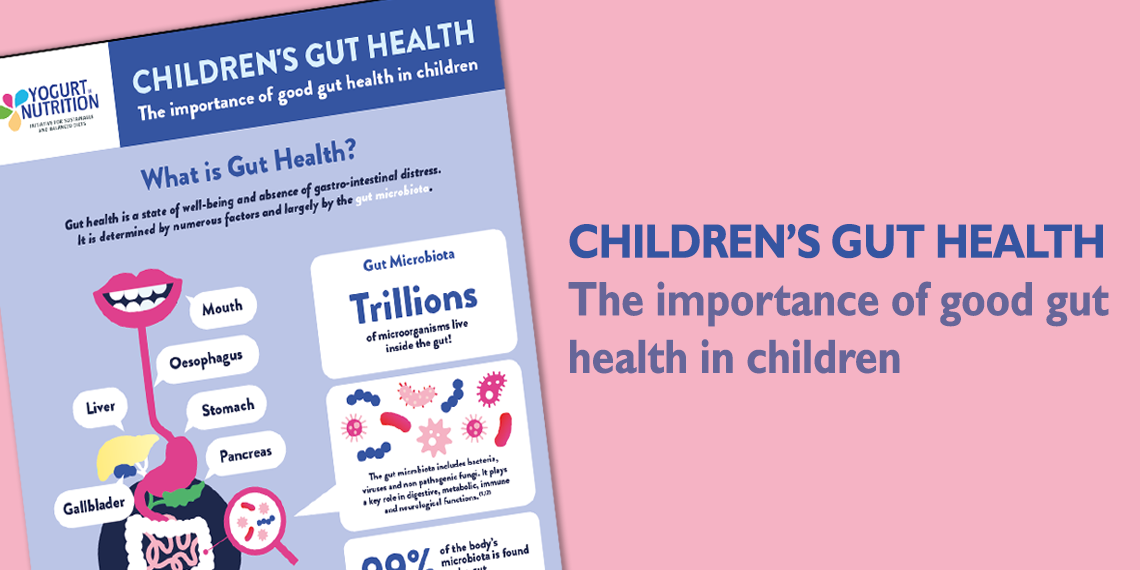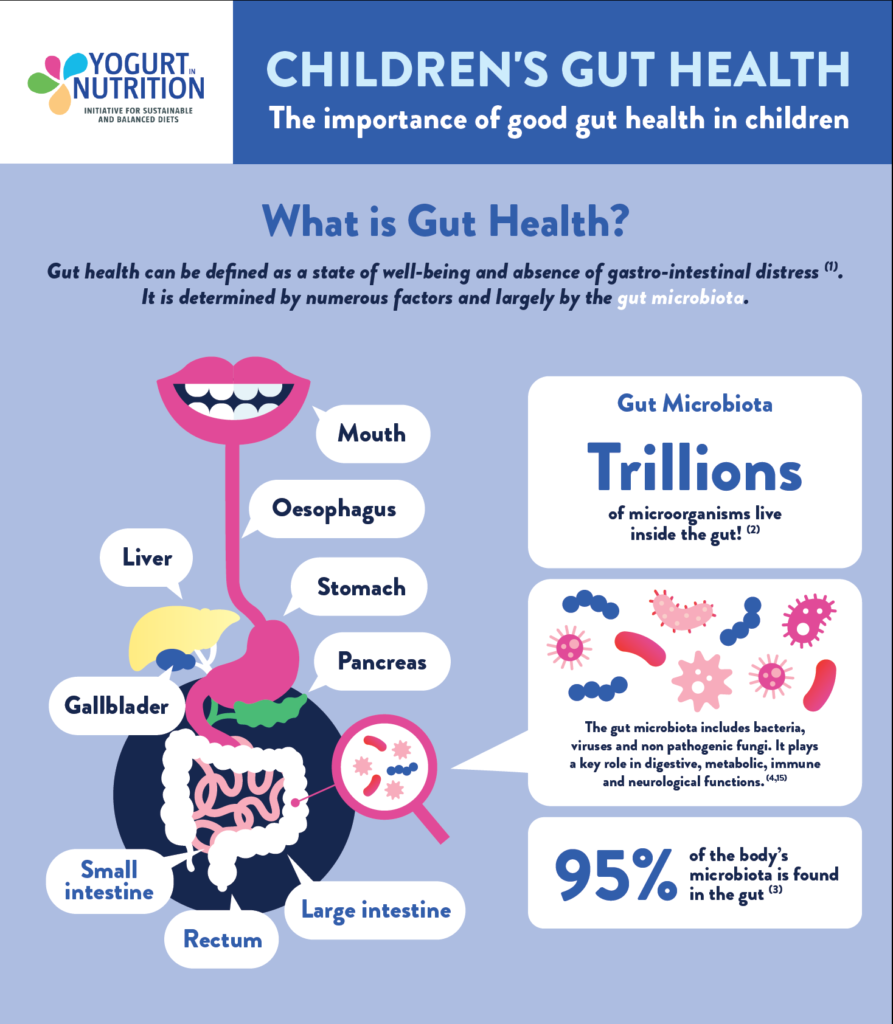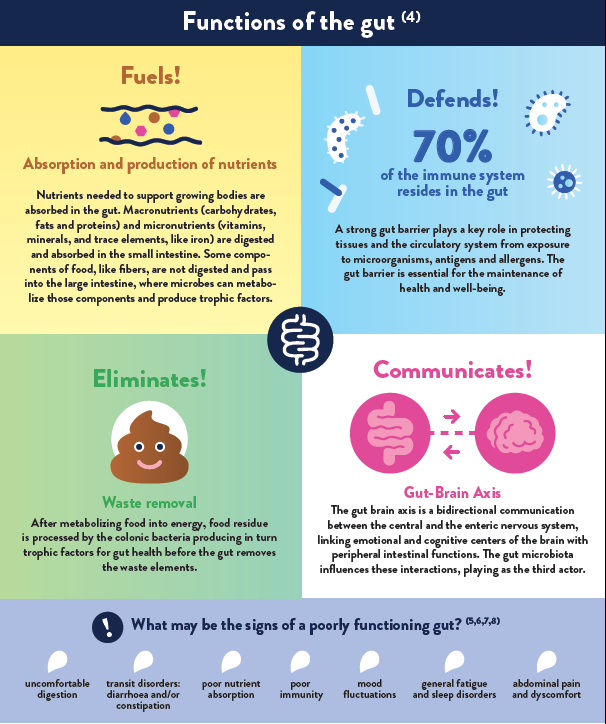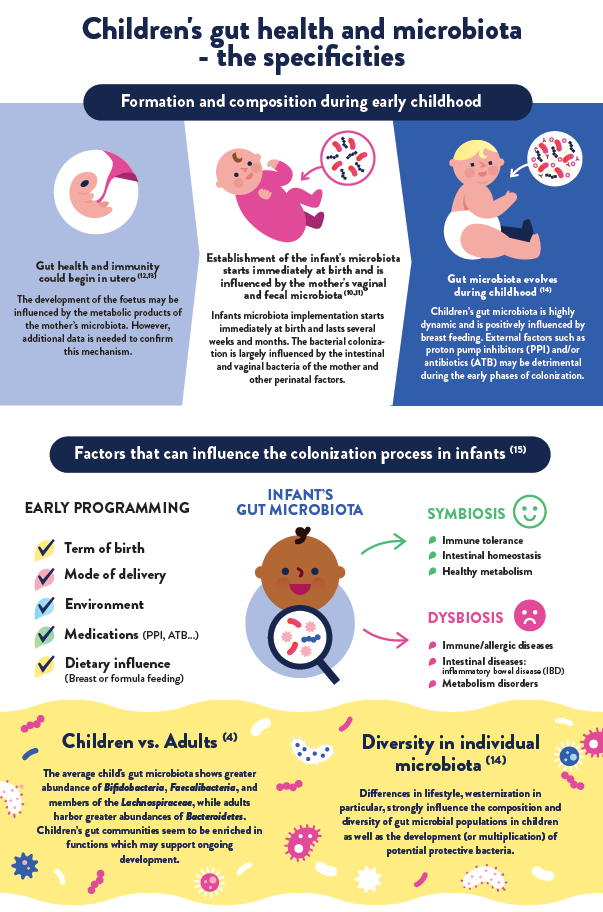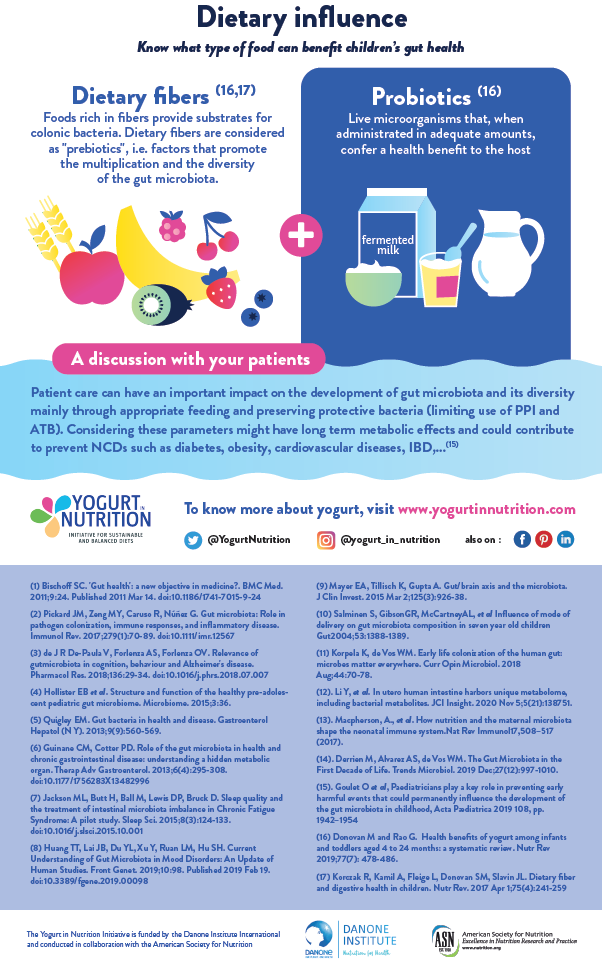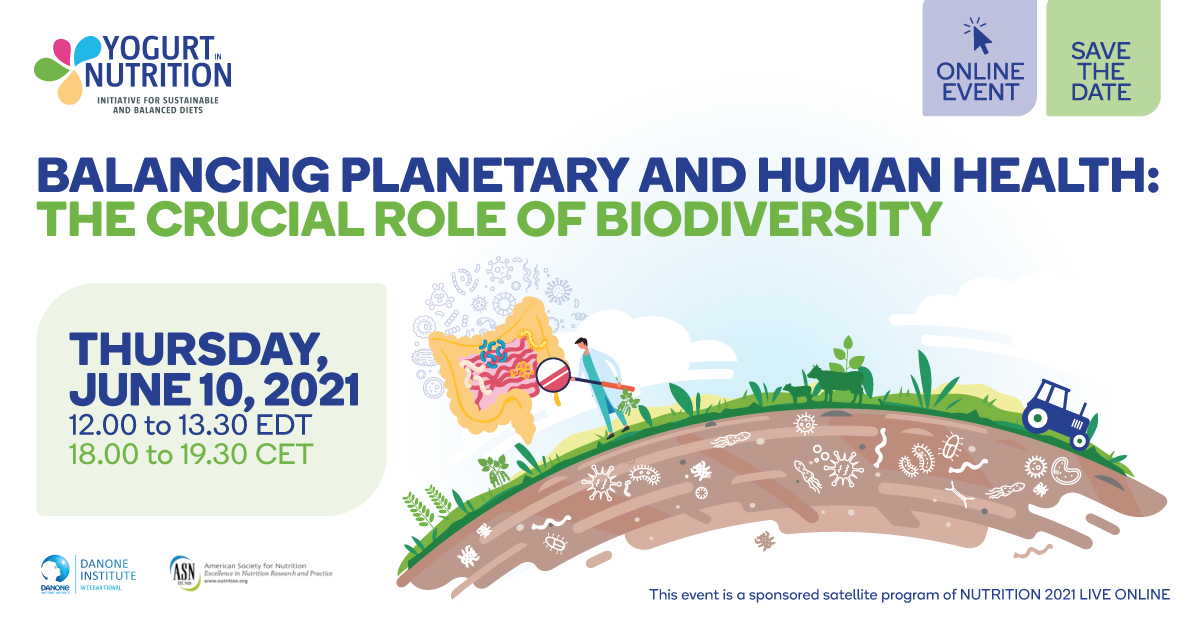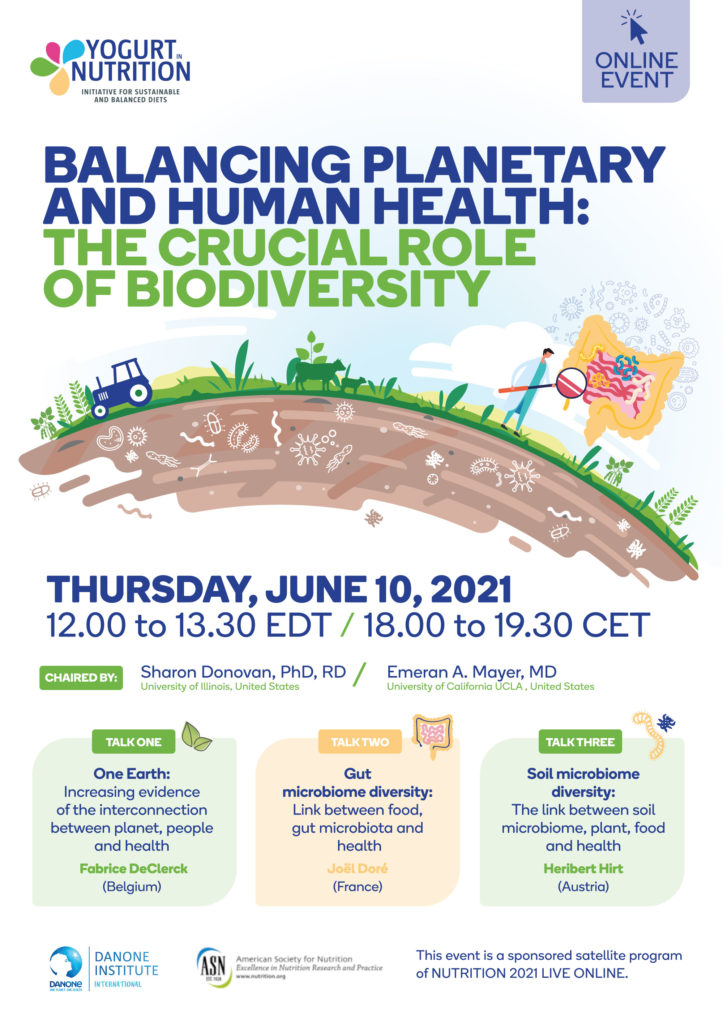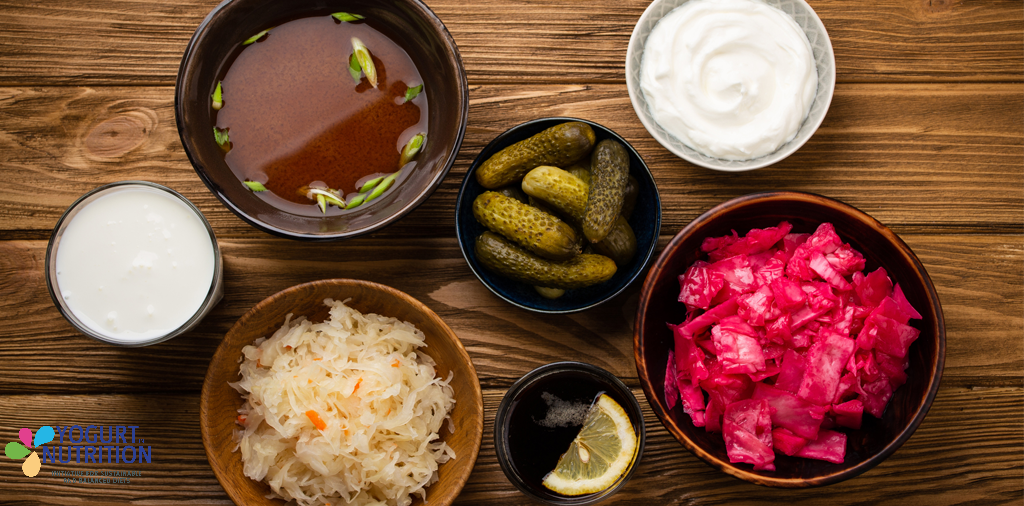Recent years have seen a surge of interest in fermented foods, largely thanks to their suggested health benefits. But many misconceptions surround this unique group of foods that hold so much promise for our health.
That’s why experts have joined forces to agree a consensus on fermented foods and their role in the human diet. Drawn together by the International Scientific Association for Probiotics and Prebiotics, the experts met to answer many of the questions that scientists and consumers have about fermented foods.
What is a fermented food?
In their consensus article, the experts define fermented foods and drinks as ‘foods made through desired microbial growth and enzymatic conversions of food components’. This includes foods that are produced by fermentation but might not contain live microorganisms (bacteria or fungi) by the time we eat them.
Over 5000 types of fermented foods are produced and consumed around the world. Bread, wine, beer and dairy products such as yogurt, cheese and kefir are just a few examples.
We can distinguish:
- Foods with live microorganisms (and which may be “probiotic foods”) : fermented milk, yogurt, kefir, tempeh or natto, for example.
- Foods without live microorganisms: bread, wine, cocoa or coffee beans, for example.
Some fermented foods contain probiotics
Probiotics are specific microorganisms that remain alive within the gut after being ingested and are proven to confer a health benefit.
A fermented food may be described as a “probiotic food” only if:
- it contains live microorganisms at the time it is eaten,
- those microorganisms (bacterial or yeast strains) are well defined and have shown a health benefit in a scientific study, and
- the strains are present in the final food product in sufficient numbers to confer the health benefit.
Most fermented foods sold commercially do not fall into this “probiotic food” category.
Do fermented foods provide health benefits?
In scientific studies, yogurt consumption has been associated with reduced risk of obesity, type 2 diabetes and heart disease. In Europe, health claims related to live yogurt cultures and improved lactose digestion are approved by the European Food Safety Authority based on the core presence of the lactase enzyme in yogurt cultures (Lactobacillus delbrueckii subsp. Bulgaricus and Streptococcus thermophilus).
To know more about this specific topic please see our white book on lactose intolerance.
However, except for fermented dairy products, there have been very few scientific studies of the health benefits of fermented foods.
Fermented foods might benefit our health through a variety of ways including improving the composition and activity of our gut microbiota and influencing our immune system.
Do dietary guidelines include fermented foods?
The only country with a specific guideline for fermented foods is India, which encourages pregnant and lactating women to eat them. Guidelines in other countries – such as USA and Canada – mention yogurt and kefir under dairy products, but don’t have a specific emphasis on fermented foods.
To understand better the role of fermented foods in health, it is important that fermented foods are judged on their own merits and are not included under other food categories, say the authors.
‘…most regulatory agencies have not considered the potential inclusion of fermented foods in dietary guidance programmes beyond their nutritional contribution to health.’ – Marco, 2021.


